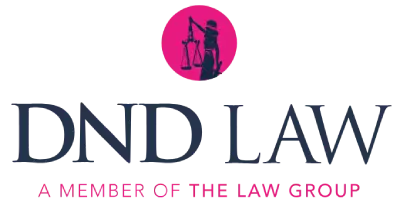TRUSTS: Trustees who refused beneficiaries’ disclosure request get costs paid out of trust fund An England and Wales court has decided that two solicitors who first refused to disclose details of their dealings as trustees of a discretionary will trust, but changed their minds after one of the beneficiaries brought legal proceedings, have succeeded in having their legal costs paid out of the trust fund (Blades v Isaac & Alexander, 2016 EWHC 601 Ch Donnelly Neary & Donnelly offer a full range of legal services including Conveyancing Tax Commercial Criminal Family Law Divorce Wills Probate Immigration Notary Public from offices in Newry Castlewellan Dublin
Portadown serving all of County Down Armagh and Belfast
For more information visit our offices or telephone 028 30264611 Our website is www.dndlaw.com & www.notaryni.co.uk
John P Hagan Solicitors offer a full range of legal services including Conveyancing Tax Commercial Criminal Family Law Divorce Wills Probate Immigration Notary Public from offices in Portadown serving all of County Armagh and Belfast For more information visit our offices or telephone 028 38333333 Our website is www.jphlaw.co.uk
Surprising Consequences of Denying Beneficiaries Access to Information
When it comes to estate planning and the administration of trusts or wills, transparency is key. Denying beneficiaries access to essential information can lead to unexpected legal, financial, and emotional consequences. Understanding these risks is crucial for trustees, executors, and anyone involved in managing an estate.
Solicitors Newry, Personal Injury Solicitors Newry – Expert Legal Advice & Claims Assistance. Click Here to Learn More!
Legal Ramifications
One of the most immediate consequences of withholding information is the potential for legal action. Beneficiaries have a legal right to know details about their inheritance, including how assets are managed and distributed. When trustees or executors fail to provide this information, it can lead to lawsuits, court interventions, and even personal liability. Courts often rule in favor of beneficiaries when transparency is lacking, which can result in costly legal fees and penalties for the responsible parties.
Financial Implications
Beyond legal costs, there are significant financial repercussions. Mismanagement of estate assets can go unnoticed without proper oversight from beneficiaries. This lack of accountability can lead to poor investment decisions, depletion of assets, and financial losses. Additionally, legal disputes can drain estate funds, reducing the inheritance available to all beneficiaries.
Emotional and Relational Strain
Denying access to information doesn’t just affect finances and legal standing—it can also cause emotional turmoil. Families often experience heightened tension and mistrust when transparency is lacking. Disputes over inheritances can fracture relationships, sometimes permanently. Open communication and transparency can help maintain family harmony and prevent conflicts from escalating.
Erosion of Trust
Trustees and executors are expected to act in good faith and in the best interests of the beneficiaries. When they withhold information, it erodes trust and confidence in their ability to manage the estate. This can lead to increased scrutiny, challenges to their authority, and even their removal from their role.
Conclusion
Transparency in estate management is not just a legal obligation; it’s a cornerstone of maintaining trust, financial integrity, and family harmony. Denying beneficiaries access to information can have far-reaching and surprising consequences that affect all aspects of estate administration. By prioritizing openness and communication, trustees and executors can avoid these pitfalls and ensure a smoother, more amicable process for everyone involved.


